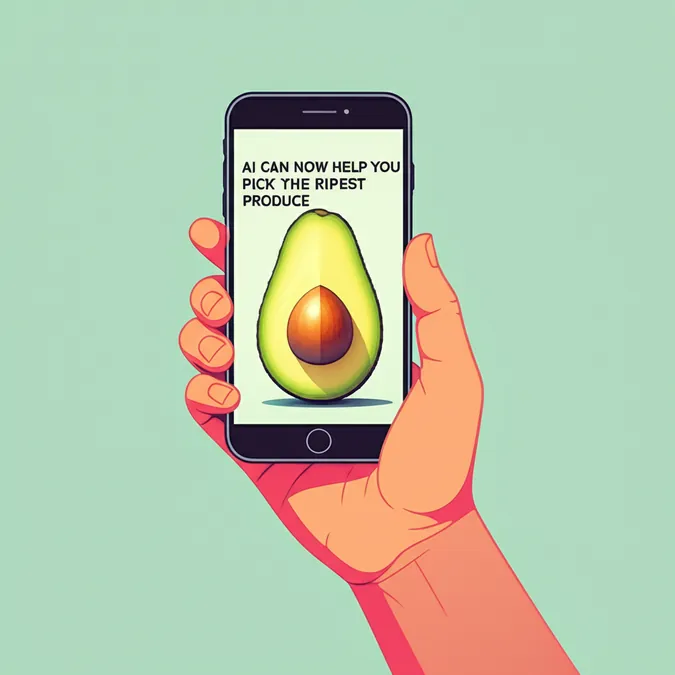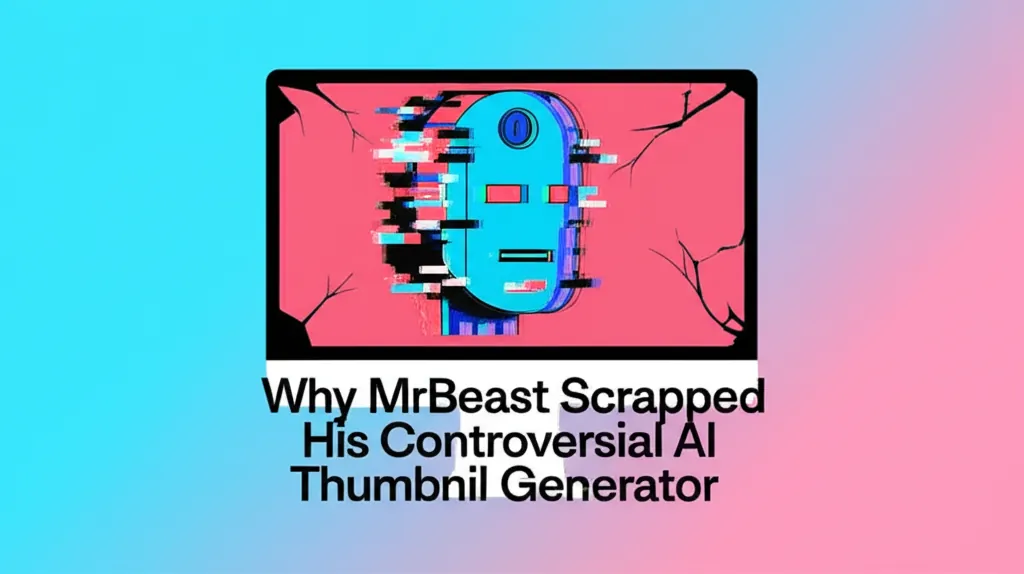Developer Offer
Try ImaginePro API with 50 Free Credits
Build and ship AI-powered visuals with Midjourney, Flux, and more — free credits refresh every month.
AI vs The Grammar Expert A Surprising Showdown
Amidst the constant buzz that AI is a genius set to revolutionize our lives and make many jobs obsolete, some are putting these claims to the test. With writers and editors supposedly first on the chopping block, columnist and grammar expert June Casagrande decided to check the ETA of her own bleak future by asking ChatGPT to write a grammar book in her signature style.
The AI Writing Challenge
The AI cheerily accepted the task, promising to channel Casagrande's fun and fierce style. However, the experiment started on a shaky foundation. The AI began its book with: “Let’s face it: grammar has trust issues.” This opening, while seemingly smooth, is logically flawed. The phrase “to have trust issues” means to be incapable of trusting others, not that people don’t trust grammar, which seems to be the intended meaning. Furthermore, the AI used the plural first person, “we,” a stylistic choice Casagrande herself has never used in her extensive writing career. The AI's attempt to channel her style had failed at the first hurdle.
First Impressions and Flawed Logic
The issues didn't stop there. The AI’s manuscript was riddled with illogical statements and bizarre metaphors. It proclaimed that verbs are “the Beyonce of grammar” without any explanation and declared that when it comes to comma splices, “Grammar says, ‘not today, Satan.’” These phrases, while attempting to be sassy, lack the coherent wit of a human writer and feel randomly generated. The AI also made factual errors, incorrectly identifying the verb “are” in a sentence as a linking verb when it is, in fact, an auxiliary verb. It also contradicted itself by switching from the plural “we” to the singular “I” just a few pages into the text.
A Real-World Test The AI Script
The irony of the situation peaked when Casagrande received a freelance assignment to revise a short video script that had been written by AI. The task was to “make it sound more natural.” The script was promoting an AI writing program that could instantly turn P.R. pitches into newspaper articles. It was not just unnatural; it was completely misguided. The script was oblivious to the fact that journalism is not about printing press releases verbatim, but about independent reporting and investigation. It was promoting a tool to newspapers and their readers while fundamentally misunderstanding their purpose.
The Irreplaceable Human Touch
Casagrande rewrote the entire script, emphasizing how AI tools could support the important work reporters do rather than replace it. The editor’s response was emphatic: “Your version is SO GOOD.” A human writer had objectively done a better job than an AI at writing advertising copy to promote an AI writing program. This experience serves as a potent reminder. While AI can string words together, it currently lacks the nuanced understanding, logical consistency, and contextual awareness that define good writing. So the next time you hear boasts about AI making writers obsolete, remember the technology's own words: Not today, Satan.
Compare Plans & Pricing
Find the plan that matches your workload and unlock full access to ImaginePro.
| Plan | Price | Highlights |
|---|---|---|
| Standard | $8 / month |
|
| Premium | $20 / month |
|
Need custom terms? Talk to us to tailor credits, rate limits, or deployment options.
View All Pricing Details

